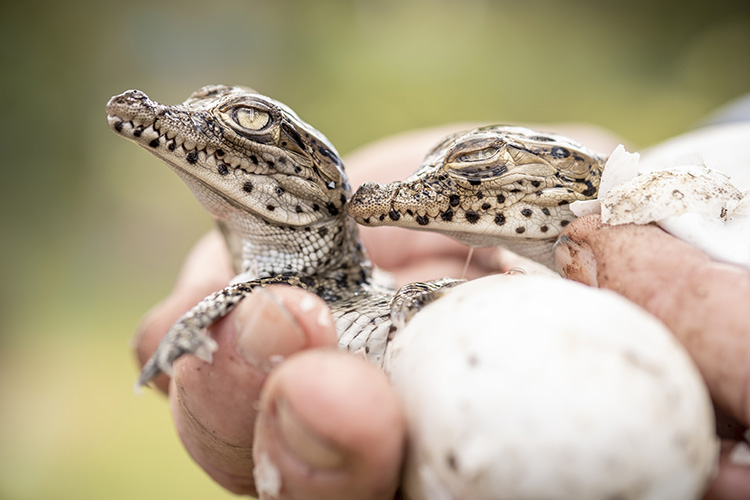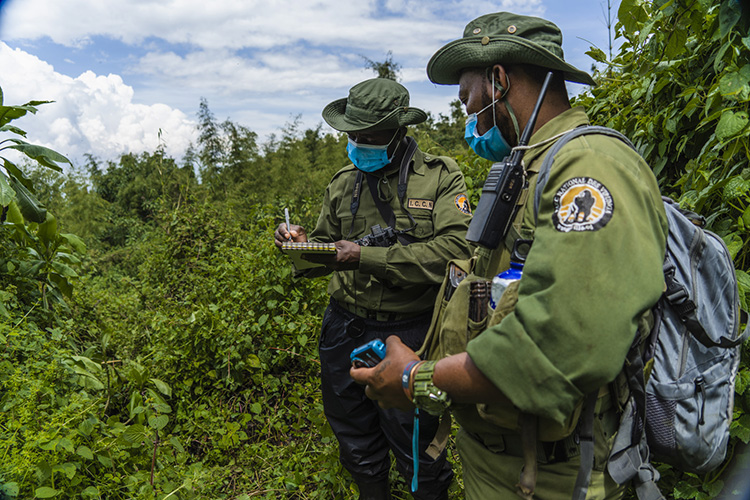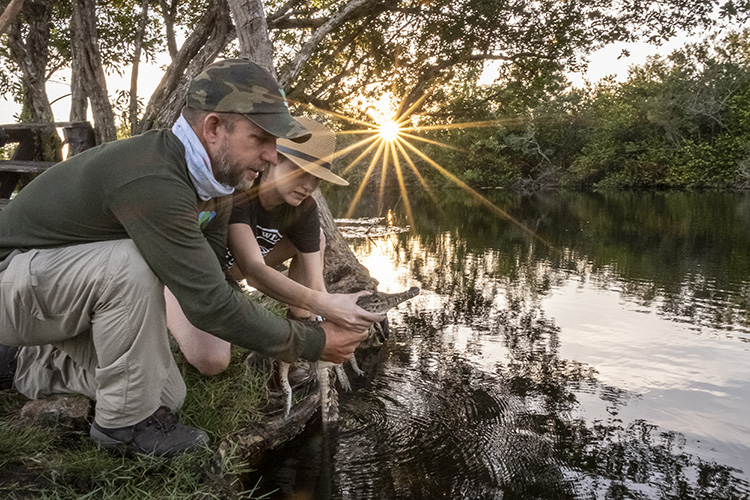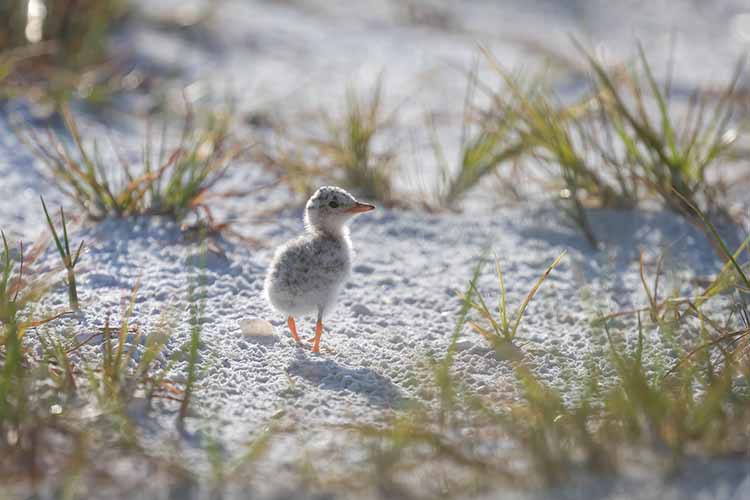
Scientists can now definitively say that nature conservation is having a positive impact on global biodiversity, offering ‘room for hope’
New evidence reveals that, worldwide, nature conservation is working. Not only that, scientists say that if we can scale-up conservation efforts, it would be transformational for halting and reversing biodiversity loss.
The findings come from a first-of-its-kind study, published in the journal Science, which provides the strongest evidence to-date that conservation interventions are an effective tool against biodiversity loss. ‘Our study shows that when conservation actions work, they really work,’ says author and conservation scientist Jake Bicknell, a professor at the University of Kent. ‘In other words, they often lead to outcomes for biodiversity that are not just a little bit better than doing nothing at all, but many times greater.’

In a comprehensive meta-analysis of conservation actions taken over the last century – including the establishment and management of protected areas, the eradication and control of invasive species, and the sustainable management and restoration of habitats and ecosystems – a team of scientists found that in most cases (66 per cent), biodiversity improved or slowed its decline.
Examples of some of the conservation success stories studied include: Redonda, once a barren Caribbean island plagued with rats, where habitat restoration and the removal of invasive species has transformed the landscape into a thriving biodiversity hotspot; tropical forests in the Congo Basin, where forest management plans and FSC certification have reduced deforestation (in some cases by as much as 74 per cent) and support higher populations of large and endangered animals; the revival of the Saiga antelope, whose numbers have increased from 21,000 to 1.3 million individuals; and Zapata Swamp, where a breeding facility for critically endangered Cuban crocodiles has successfully released crocodile hatchlings into the wild.

Even in cases where conservation actions did not succeed in recovering or slowing the decline of species or ecosystems, conservation has benefitted from the lessons learned. In fact, the authors of the study found a correlation between more recent conservation interventions and positive outcomes for biodiversity – suggesting that conservation is getting more effective over time. With more than 44,000 species currently documented as being at risk of extinction, Oxford University ecologist and study co-author Joseph Bull says the results ‘clearly show that there is room for hope’.
Biodiversity loss is a crisis that is projected to have tremendous consequences for the Earth’s ecosystems, as well as the billions of people around the world who depend on them. It’s estimated that more than half of the world’s GDP, almost US$44 trillion, is moderately or highly dependent on nature.
‘This study comes at a critical time where the world has agreed on ambitious and needed global biodiversity targets that will require conservation action at an entirely new scale,’ says Claude Gascon, a director at the Global Environment Facility, which provides grants for biodiversity projects. ‘Achieving this is not only possible, it is well within our grasp as long as it is appropriately prioritized.’





